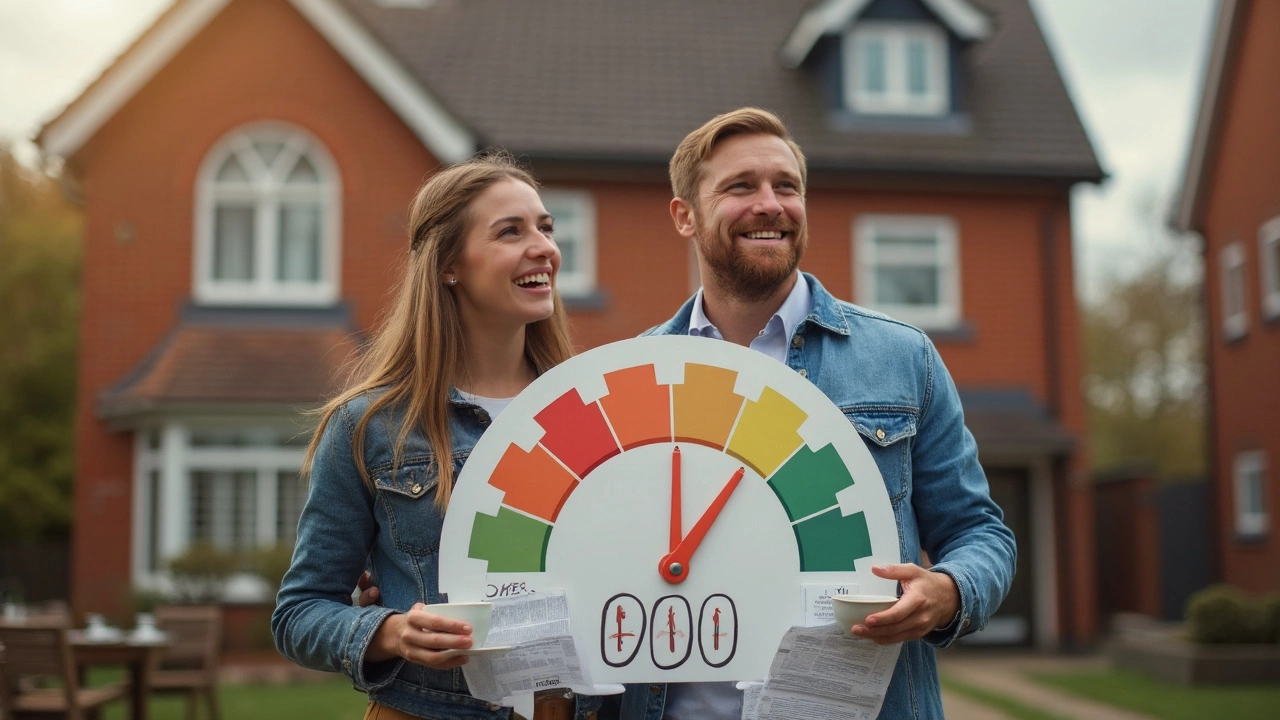Buying a House – Your Quick‑Start Guide
Thinking about getting a set of keys to your own place? It feels exciting, but the process can also feel like a maze. The good news is you don’t need a finance degree to make sense of it. Below you’ll find the essential steps, simple maths, and real‑world tips that help you move from “I want a house” to “I own a house.”
How Much House Can You Afford?
First thing’s first – figure out your budget. Most lenders look at two numbers: your gross annual income and your Debt‑to‑Income (DTI) ratio. As a rule of thumb, aim for a mortgage that doesn’t exceed 4.5 times your salary. If you earn £30,000 a year, that means a loan around £135,000. Add a 10‑15% deposit and you’re looking at a property price of roughly £150,000‑£170,000.
Don’t forget the extras: stamp duty, legal fees, survey costs, and moving expenses. A quick way to avoid surprise bills is to set aside 5‑7% of the purchase price for these items. For a £200,000 home, budget an extra £10,000‑£14,000.
Use an online affordability calculator to plug in your numbers, then run a few “what‑if” scenarios. What if you raise your deposit to 20%? What if you stretch the mortgage term to 30 years? Seeing the impact on monthly payments helps you choose a realistic price range.
Choosing the Right Estate Agent
Not every estate agent is created equal. A good agent saves you time, negotiates better deals, and avoids hidden costs. Start by checking their recent sales in the area you want. Ask for references and ask specific questions: How do they determine the asking price? What’s their commission structure? Are there any extra fees for marketing?
Watch out for red flags – agents who push you toward a property without a proper valuation, or those who don’t provide a clear breakdown of fees. A transparent agent will give you a written agreement, explain the process step by step, and keep you in the loop.
When you meet an agent, bring a list of must‑haves and deal‑breakers. A focused conversation keeps the search efficient and shows the agent you mean business.
Now that you know your budget and have a reliable agent, the next steps are straightforward: get a mortgage agreement in principle, start viewing properties, and don’t rush the survey. The survey tells you if the house has hidden issues that could cost thousands later.
Finally, when you receive an offer, double‑check the contract for any clauses that could trap you – like restrictive covenants or unexpected service charges. If anything feels fuzzy, ask your solicitor to explain before you sign.
Buying a house isn’t a sprint; it’s a series of small, smart decisions. Keep your finances tidy, lean on a trustworthy agent, and stay curious about every cost. Follow these steps and you’ll move from dreaming about a home to actually owning one, without the usual headaches.
